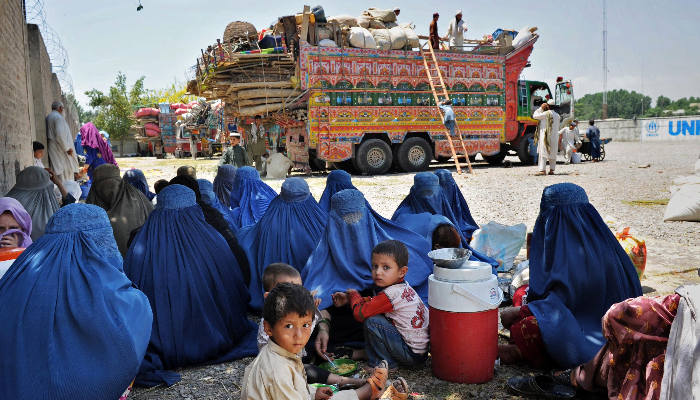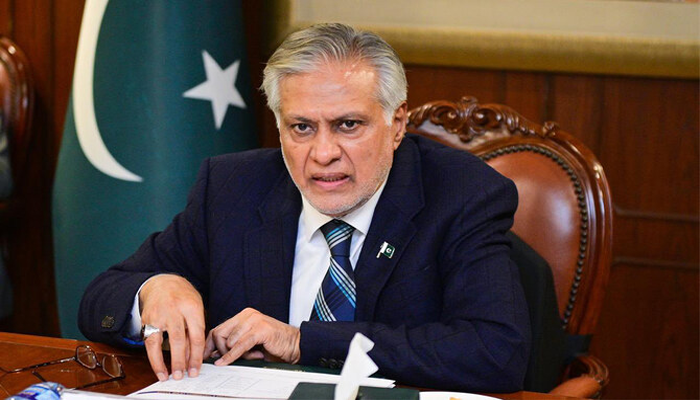The fate of millions of Afghan migrants and those waiting for visas is still uncertain. The Pakistani government has set a deadline of October 31 for all undocumented immigrants to leave the country, but there is no clear plan on how to repatriate such a large number of people. The Afghan Taliban has condemned Pakistan's plan, calling it "unacceptable".
Officials involved in the process say that they are struggling to come up with a plan, and that it will require a lot of logistical and financial resources. They also say that there is no accurate data on the number of undocumented immigrants in Pakistan, but estimates put the number at over a million.
The Pakistani government is not a signatory to the 1951 Refugee Convention, which means that it is not legally obligated to protect refugees. However, officials say that they are committed to looking after refugees who have valid documents, but that the presence of millions of undocumented refugees is posing a security threat.
The most difficult cases are those of the "legally illegal" Afghans, who are those who fled to Pakistan after the collapse of the Ashraf Ghani administration. Many of these people have valid visas, but others do not. The UNHCR is screening these individuals to see if they qualify for asylum or resettlement in a third country, but the process is slow and the success rate is low.
The UNHCR has called on Pakistan to show compassion for the most vulnerable refugees, and to ensure that any repatriation is voluntary and without pressure.









